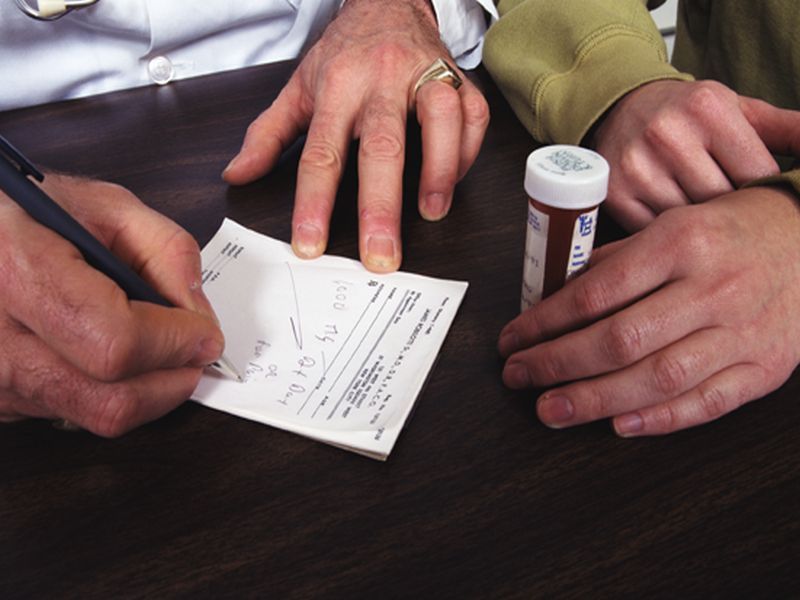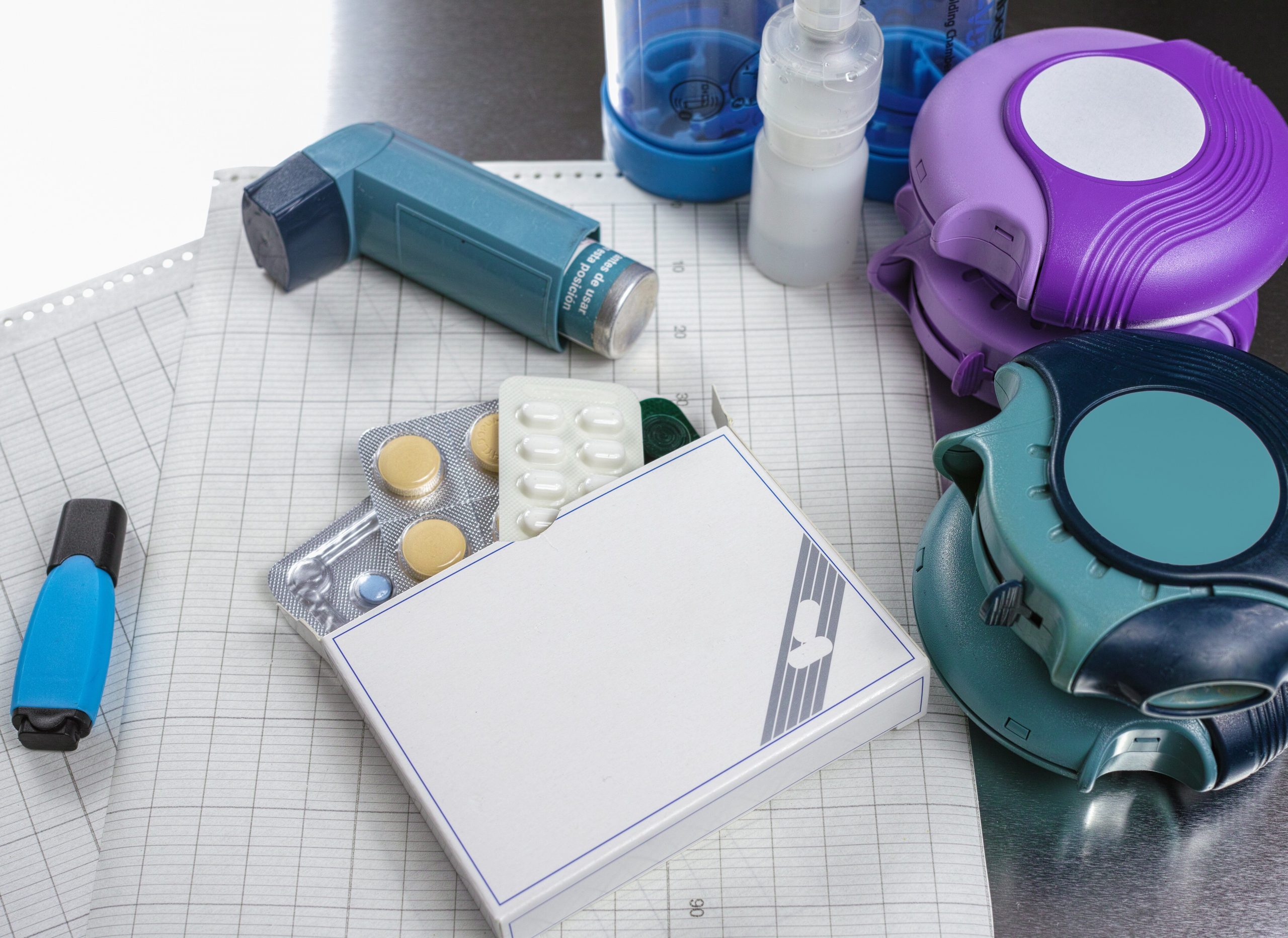
Americans are eating more food additives, according to a new study that found about 60% of foods they purchase contain coloring or flavoring agents, preservatives and sweeteners. That’s up by 10% from 2001. “Our research clearly shows that the proportion of ultra-processed foods with additives in Americans’ shopping carts increased significantly between 2001 and 2019,”… read on > read on >






























